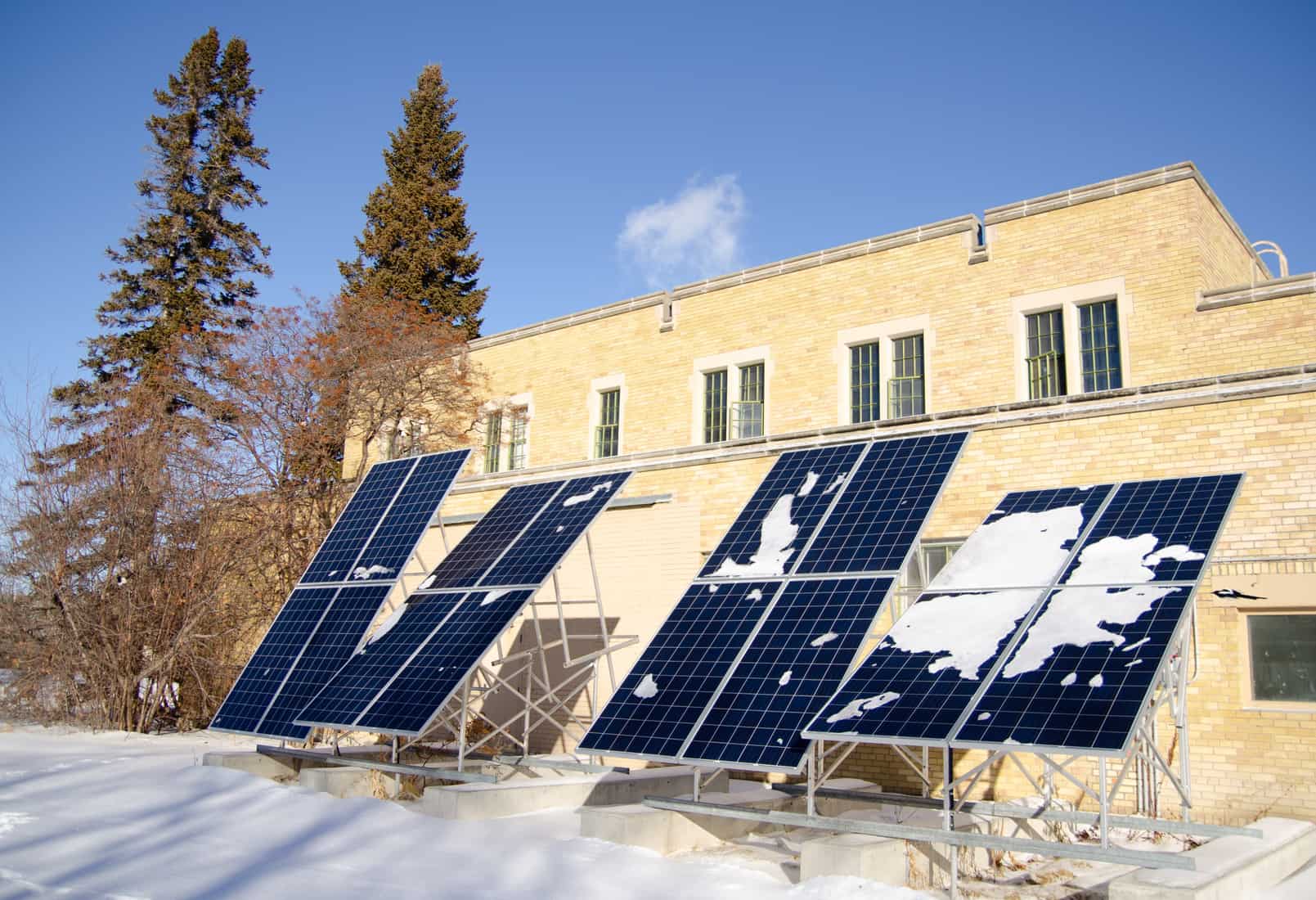
Full disclosure, I am a partisan New Democrat, and I have been an active supporter, worker and organizer for the Saskatchewan New Democratic Party for most of my university years.
One of the terrific things about being involved with a party — especially in this province — is how surprisingly easy it is to reach out to our politicians and how transparent they are with their policies and beliefs.
Saskatchewan NDP leader Ryan Meili sat down to discuss an issue that has weighed on my mind heavily lately — climate change.
It can be demoralizing watching the inaction and lack of political will to curb emissions, especially considering that the latest United Nations Intergovernmental Panel on Climate Change report warns us that we, as a planet, are on track for catastrophe if we don’t change our ways by 2030.
Meanwhile, in Canada, the oxygen has been sucked out of the room in the climate change conversation by an exhausting carbon tax debate. Again, inaction speaks louder than any other policy could. However, if you are paying close attention, the horizon is starting to shift.
The United States midterm elections swept in a crop of new, energetic spokespeople for a rejuvenated generation of progressives in the fall of 2018. Amazingly, within months of being elected, these representatives have articulated a positive and particular set of policies designed to curb emissions, combat climate change and get the States over to renewables. Even further, they have forced their policy, the Green New Deal, onto the national agenda.
And what’s more, it’s popular: 81 per cent of registered U.S. voters polled indicated that they support the Green New Deal. Compare that with the meagre 29 per cent of Saskatchewan voters who support Trudeau’s carbon tax.
So what makes the difference in terms of support from voters in the United States and Saskatchewan? Ryan Meili suggests that this enthusiasm comes from a people-first policy that must pass three important tests. Meili likes to ask himself,“What are the economic, environmental and social impacts?”
He says that carbon pricing has been shown to be a decent economic and environmental policy and that it has the ability to actually reduce emissions with fewer economic impacts compared to heavy regulations.
However, Meili isn’t so sure the carbon tax does well on the social front as the initial cost is “the biggest thing that’s in the way.”
For Meili, the solution is Renew Saskatchewan. He believes the plan is a chance to give Saskatchewanians prosperity instead of costs. He wants to produce electricity at home, see power bills go away and see people in the community have new employment opportunities.
“Renew Saskatchewan would eliminate the cost barrier that is keeping people from being involved in the transition to renewable energy in a way to reduce bills, create employment and bring power to the people in a way we haven’t in decades,” Meili said.
But what is Renew Saskatchewan, and what would it look like?
“Renew Saskatchewan will assess the best opportunity for energy efficient retrofits [and] tell you how much it would cost and how long it would take to pay off based on how much you’re already paying on your power bill,” Meili said.
“You get the equipment paid up front, and you continue paying your power bill — probably less than you’re paying now — and over several years, you pay your bills off. Once you’ve paid off the bills, they’re next to nothing, or maybe, you’re even making money because you’re now able to sell excess energy you’re producing on to the grid,” Meili said.
Meili is excited about Renew Saskatchewan because he believes it’s a great way to generate clean energy, reduce dependency on coal and create energy closer to where it is utilized in order to conserve more. Beyond the environmental aspects, Meili believes the plan includes economic and social advantages.
“You create jobs in installing, maintaining and manufacturing, all while making life cheaper for people. It’s a beautiful package, the way it comes together,” Meili said.
Meili is confident that his plan can satisfy his economic, environmental and social criteria for what makes good policy. However, he is less confident that the current Saskatchewan Party government will support the plan.
“It’s my intention to be in government in 2020 and be able to start this. But I’d rather not wait until 2020 to move on this,” Meili said. “If the Saskatchewan Party wants to steal this idea, they can do so. It’s just the right way to go.”
With an election around the corner in Saskatchewan — and just over a decade left for emissions reductions — now is the time for innovative, popular policies that provide a meaningful solution to a complex problem.
Saskatchewan needs to provide a sustainable plan, while at the same time avoiding forcing people to make sacrifices they cannot afford. Meili says that Renew Saskatchewan is just one pillar of his broader plan for the environment and we should stay tuned for more ideas that could change the landscape of this province.
—
Aidan Murphy
Photo: Gabrielle Fourstar
Leave a Reply